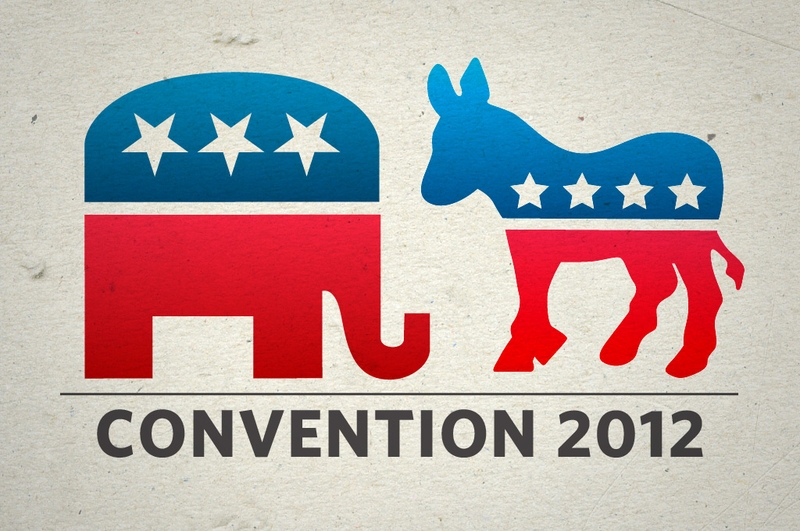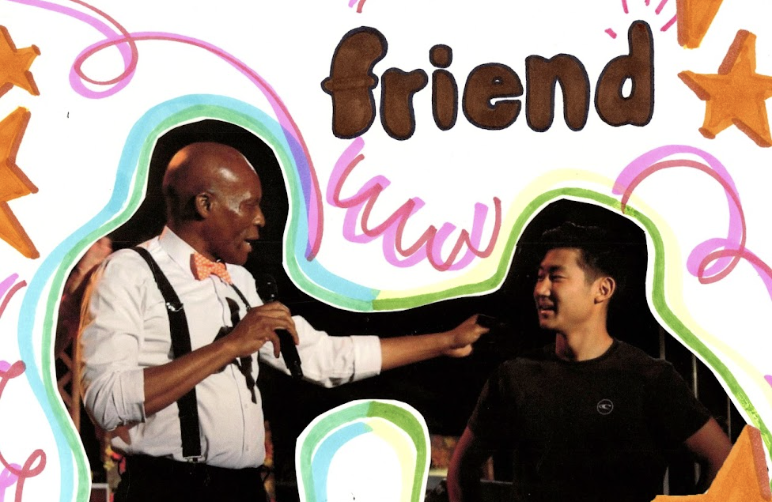
Courtesy | kutnews.org
During recent weeks, the various minor dramas of the Democratic and Republican National Conventions have played out, at last “choosing” their respective nominees to run for the office of president of the United States of America.
Of course, some might say that these conventions have become little more than contentious battles over which party gets the better photo op, as the primary process has become what decides which candidate will become the party nominee. It’s a rare occasion when said nominee does something at a convention that actually affects the race — unless, of course, he announces an unexpected running mate for vice president, as George H.W. Bush did with Dan Quayle, or as John McCain did with Sarah Palin.
With these obvious bits of politicking running the show, we have a right to ask whether these conventions are needed at all anymore. Aren’t they just more bits of flim-flam for us to run through, when we could just as well do without them? Do they even affect us here at Biola, where our rather homogenized backgrounds almost ensure that a large percentage of us will vote the same way? After all, we’re cultured, careful college students. A minor political tradition has no bearing whatsoever on us, right?
No! Definitely no! Decidedly no! Uh-uh. We have an even greater responsibility to keep track of the political situation in our country because we are so similar. All too often groups of people who are too much alike lose sight of what it means to keep each other responsible, and it would be a terrible thing if that were to happen to such a large group as a whole college campus.
I don’t dispute that political party conventions have become, especially in recent times, nothing more than money-fueled campaign boosters whitewashed in sparkles and shiny paint, but to say that something isn’t what it should be offers no solution. Far from being useless paraphernalia to the campaign, a metaphorical pair of fuzzy dice on the car of the election system, the conventions should illustrate to Americans an all-important reminder — their right to vote.
Now, as busy college students with heavy schedules and heavier backpacks, registering may seem like more trouble than it’s worth. The truth of the matter, though, is that we simply cannot afford to ignore the absolute privilege we have in choosing the leaders of our country. According to the The Center For Information & Research On Civic Learning And Engagement, barely 62 percent of collegiate voters turned out for the 2008 election, and those with only a high school education or less had even worse statistics, showing a mere 36 percent coming to the voting booths. Conventions are one of the few times when the leadership of both parties have the chance to prove to all voters that their power at election day is worth caring about. If the leaders of the parties fail to do this, what then? What should our response be?
Political conventions should give us an opportunity to truly see the viewpoints of the candidates, giving them an opportunity to speak frankly and clearly about their views. While this is not quite what they are today, as I have above stated, it is what they should be, and I live in hope that they will again reach that potential of clarity and openness where we can see which candidate will be the best future leader for our country. Sadly, many politicians lie. Please, contain your shock, I promise you it’s true. Another use for political conventions is to show us what politicians really mean, for while many politicians can lie, few can keep it up indefinitely. Perhaps with the resurrection of the original intention for this process, we will be able to more clearly see their character, instead of their charisma.
As young men and women who are ourselves privileged in attending a school where the preciousness of liberty is taught, we should know that the way to change government is to become involved in it. Who knows — perhaps someday, with enough effort, it could be a Biola alumnus standing in front of the cameras at the convention. In the meantime, we should always pay attention to the political world around us, no matter the scope. Maybe we should check out what’s been happening at the conventions — just in case.







